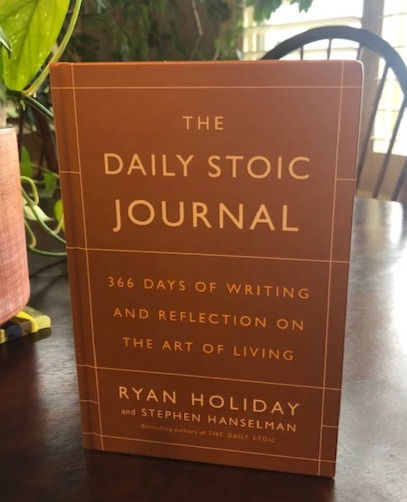Thoughtful Thursday…7 benefits of exercising while fasted
- Lisa Schaffer
- Jan 2, 2019
- 3 min read

Welcome to Thoughtful Thursday. This GreenNote Fitness newsletter mindfully gathers and distills useful information that is supportive to our journey. It is my mission to educate, inspire, and propel you into action that moves you towards your goals and life of purpose. Take control of your journey today.

There are many different types of fasting. We will focus today’s discussion on intermittent fasting which is a great tool for body composition. It involves fasting for 12 to 20 hours between one day’s final meal and the following day’s first.
Intermittent fasting:
Fast for at least 12 hours up to 22 hours between meals
To keep hormones balanced, consume a normal day’s worth of calories - just in a condensed 2 to 12 hour period
Between 12 and 16 hours of not eating, improved body composition via fat loss and muscle preservation begins to occur due to the combination of elevated fat metabolism and increased secretion of HGH (human growth hormone). HGH is a peptide hormone that stimulates growth, cell production, and cell regeneration in humans and animals.
Can I exercise while fasted?
Short answer is yes. For over 10 months, I personally have been intermittent fasting three days per week for 16+ hours. During that fasting time, I sometimes exercise to reap the benefits. Many people find it’s easy to exercise during this short fasting window, which may support body composition even further. If you are new to fasting, you might see a slight dip in performance, but you will adapt over time as your body gets used to tapping into stored body fat for energy.
What are benefits from exercising in a fasted state?
Burn more fat (24 hours after morning easy workout, fat oxidation rates increase)
Anti-aging effect (increase in anti-oxidants)
Better brain function - BDNF (brain derived neurotrohic factor) is amplified; amplified more with aerobic exercise and less with strength training
Increased growth hormone levels
Improved insulin sensitivity (wait after exercise one to two hours to eat)
Increase testosterone
Enhanced fat loss (fatty acids can be mobilized from adipose tissue)
How to do a fasted workout
Exercise before breakfast
No need to eat before a workout (unless you will be training again in 8 hours or less)
Don’t eat dinner for an hour or two after a late afternoon or early evening workout
Exercise before breakfast
An ideal scenario would be finish eating the night before, wake up the next morning and do a light workout. It could be a walk, a light jog, a bike ride, or swim. Then you could do your hard workout in the late afternoon or early evening. If you do a hard workout in the morning in a fasted state, then you would want to break your fast one to two hours post-workout if you are a woman. Women need to be more careful with fasting as it can disrupt hormones if doing like a cross-fit style workout first thing in the morning without having eaten.
Exercise late afternoon or early evening before dinner
For a late afternoon or early evening workout you will not have eaten anything since lunch and won’t need to eat a pre or postwork out snack since you will be eating dinner later. This type of workout can be a hard, difficult circuit as your body is at a higher temperature and your cortisol levels are lower than they are first thing in the morning. Just be careful not to over-indulged in dinner because you “workout hard”.
A few cautions for exercising in a fasted state
Individuals who are underweight, pregnant, under 18 years of age, have recently undergone surgery, all should not fast at all
Women respond differently to fasting than men. The female body is extremely sensitive to caloric restriction which can result in irregular menstrual cycles, sex hormone imbalances, and blood sugar dysregulation. As mentioned above, if doing a hard morning workout in a fasted state, be sure to eat one to two hours after your workout.
People taking prescription medications, or who are extremely lean, or who are diabetics should use caution with any type of fasting. Consult your physician first.
Utilizing the timing of your food intake and exercise can have a profound effect on your body and mind. As your body adapts to going for longer periods without eating it will become easier to incorporate this into your lifestyle. Now if you will excuse me, I’m going to go train…fasted.
Enjoy your journey,
Lisa Schaffer
You wouldn’t happen to know just one person that would benefit from this information? Please forward it to them!
Did you miss last week’s newsletter on The most important exercise you will ever do ……?





















































Comentarios